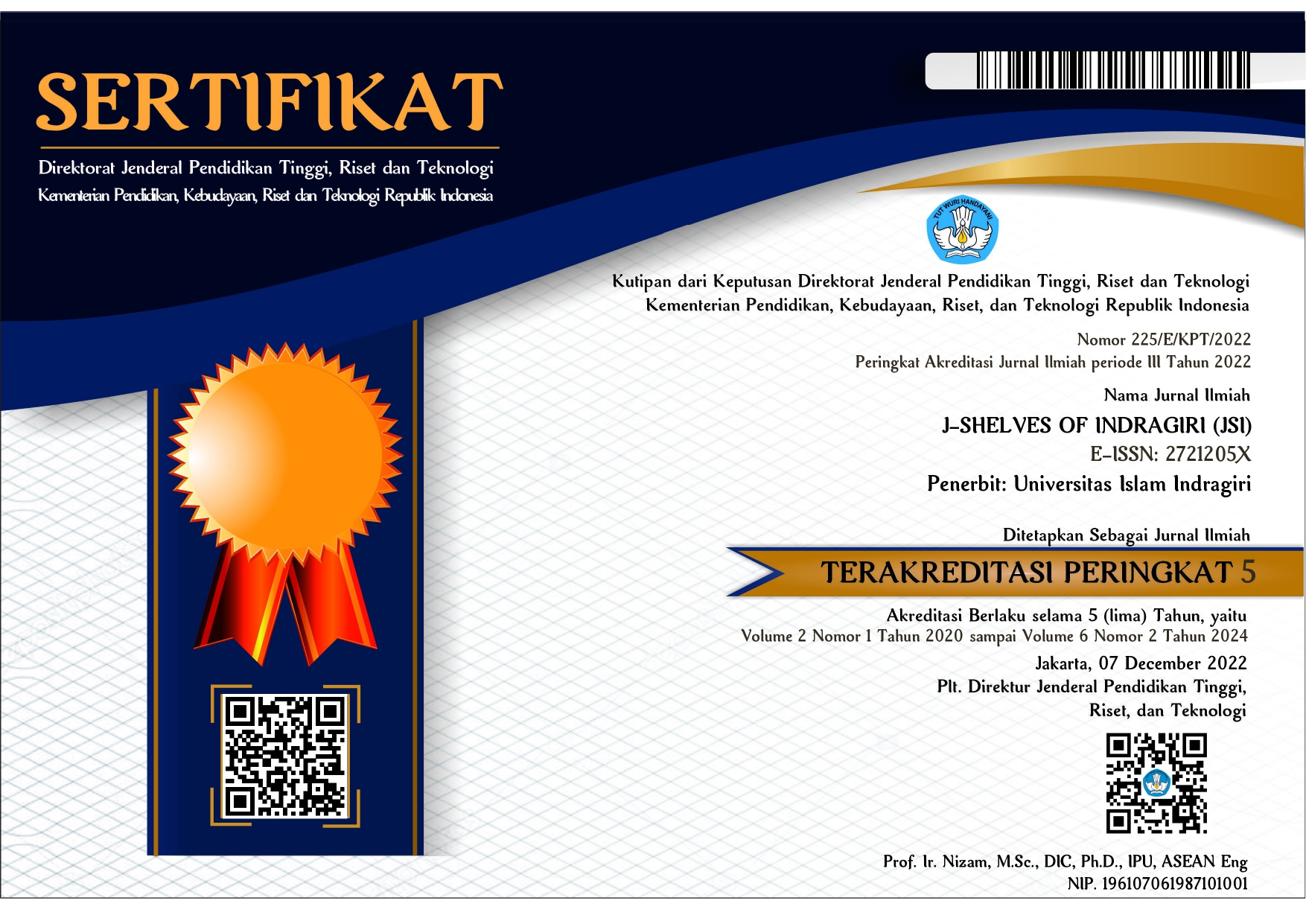SELF-EFFICACY AS A PREDICTOR OF WRITING PERFORMANCE: A CORRELATIONAL STUDY OF INDONESIAN SECONDARY SCHOOL STUDENTS
DOI:
https://doi.org/10.61672/jsi.v6i2.2853Keywords:
self-efficacy, writing performance, descriptive text, EFL writingAbstract
The importance of self-efficacy in enhancing students’ writing performance has been widely recognized, yet its specific impact on descriptive text writing remains underexplored in secondary education, especially within the EFL context. This study addresses this gap by examining the relationship between self-efficacy and descriptive text writing performance among Grade X students at SMA Negeri 6 Seram Bagian Barat, Indonesia. Using a quantitative correlational design, the study collected data from 72 Grade X students through a self-efficacy questionnaire and a writing performance test. The results revealed that most students (84.7%) demonstrated moderate levels of self-efficacy, while their writing performance showed a broader distribution, with 45.8% achieving good performance and 18.1% demonstrating excellent writing skills. Statistical analysis indicated a weak but significant positive correlation between self-efficacy and writing performance (r = 0.297, p = 0.011). This finding suggests that while self-efficacy influences writing achievement, its impact may be moderated by other factors in the EFL context. The study contributes to understanding the complex relationship between psychological factors and writing performance in secondary EFL education, highlighting the need for comprehensive instructional approaches that address both cognitive and affective aspects of writing development. The findings have implications for EFL writing instruction and suggest directions for future research investigating mediating variables in the self-efficacy-writing performance relationship.
Downloads
Published
Issue
Section
License
Copyright (c) 2024 Sophia Binnendyk , Jusak Patty, Asmi Jamil

This work is licensed under a Creative Commons Attribution 4.0 International License.










